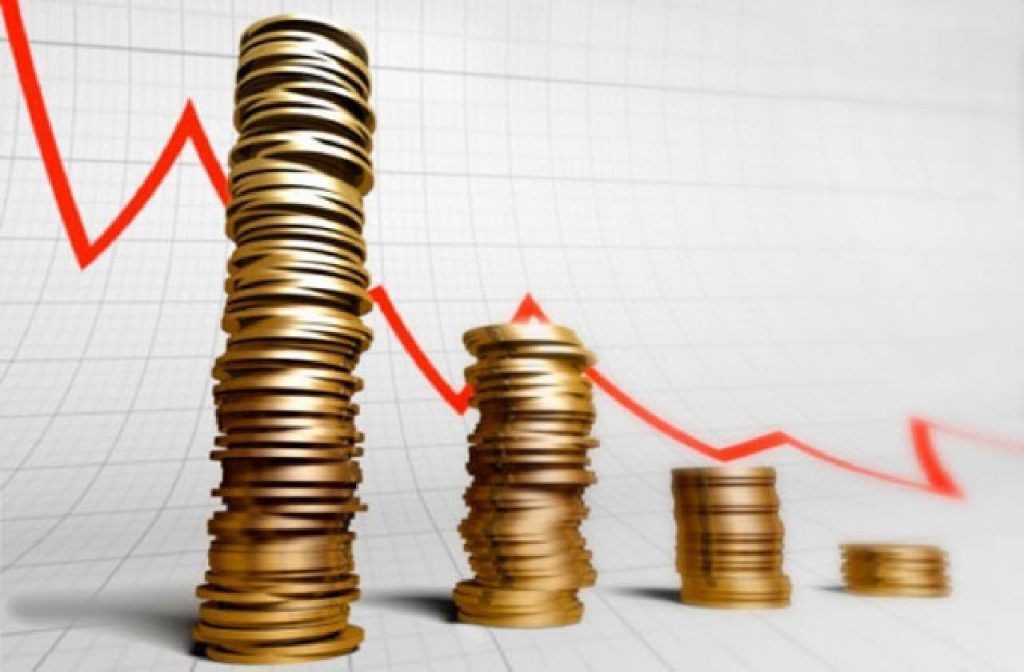In the past four months, Nigeria’s inflation rate has maintained a downward trend, according to official figures reported by the National Bureau of Statistics. Headline inflation rate for the month of July 2021 printed at 17.38%, some 37 basis points moderation from 17.75% reported in June. Food inflation, the most consequential inflation statistics for most Nigerians, was also down 195 basis points to 21.05% in July 2021, from the 22.95% recorded in March 2021—the highest since the rebasing of the inflation statistics in 2009.
Marking the fourth consecutive month of ease, from the 50-month peak headline inflation rate of 18.2% seen in March 2021, it is eureka for Nigeria’s headline inflation rate, a major phenomenon which reflects the erosion to Nigerians’ purchasing power. Notably, inflation rate—a measure of persistent rise in the prices of consumer goods and services—indicates the weakening purchasing power of the Naira and Nigerians, especially in light of dwindling income levels of the average household.
As the World Bank reported in its June 2020 report, Nigeria has the 5th highest inflation rate in Africa and some 7 million more Nigerians have fallen below the poverty line due to the persistent high inflation rates recorded since 2015. This means, according to the Bretton Woods institution, some 90.1 million Nigerians or 45% of the country’s estimate population of 200 million, now live in poverty, no thanks to the escalating prices of basic consumer goods and services, particularly food.
Indeed, for over six years, Nigerians have grappled with this unseen enemy called inflation that undermines their welfare, as the prices of virtually everything have skyrocketed to new levels. Starting from January of 2016, inflation rate spiked in the country and maintained a steep climb for over three years without any sigh of relief. Worse still, the rising prices of food accounted for 70% of the inflation pressure, according to the World Bank report.
Various reasons have been adduced for the high inflationary pressures of the past three years: Nigeria’s import-dependent economy that exposes it to high cost of goods, including food items; high domestic production costs arising from structural and infrastructural challenges; and the nation’s weak export earning potential that weakens the country’s currency, the Naira. The most important of these, however, is the weak economic and money supply growth, which in turn undermines the ability of monetary policy tools in taming the rising prices of goods and services, especially food. In other words, food inflation has been the main source of inflationary pressure over the past six years.
A food-inflation-inducing factor in Nigeria is the farmers-herders clash that continues to threaten farming and animal husbandry across the country. This has now morphed into a real danger to the food supply in Africa’s most populous nation, and has heightened food insecurity. With farmers now targets of kidnappings and killings almost on a daily basis, Nigeria now faces the real threat of food shortage, and has reflected in the high level of food inflation, which even now, has remained higher than the other measures of inflation, despite overall deceleration.
Therefore, to sustain the current fall in inflation, the federal government must make conscious efforts to curb insecurity in the country. With kidnappers, bandits and other criminal gangs having a field day across large swathes of the country, food inflation will continue to rise. This will not augur well for Nigeria, now or in the long run. Moreover, insecurity also severely threatens trade logistics, especially as movement of consumer goods, including food items, is still largely done through road transportation, the cost of which has risen significantly.
As the government battles the insecurity to restore sanity and bring farmers and herders back to their full production capacity, it is important to take seriously the talk about infrastructure development, including roads, power and energy. Without a minimum level of infrastructure to support industrial and economic activities, costs of production in the local economy are bound to be high. These will ultimately be passed to the consumers. This applies to all goods, but particularly farm produce that needs to be evacuated from the rural areas, and industrial goods that have been produced on generating sets run on diesel or imported petrol.
Finally, exchange rate policies must improve to ease the liquidity challenges being faced by importers of raw materials, and enhance the stability of the local currency, especially as Nigeria remains a highly import-dependent country, with feedback effect of exchange rate on inflation rate. The current fall in the inflation rate has opened a window of opportunity to make things a bit easier for Nigerians. The government must seize this opportunity.

 Join Daily Trust WhatsApp Community For Quick Access To News and Happenings Around You.
Join Daily Trust WhatsApp Community For Quick Access To News and Happenings Around You.


